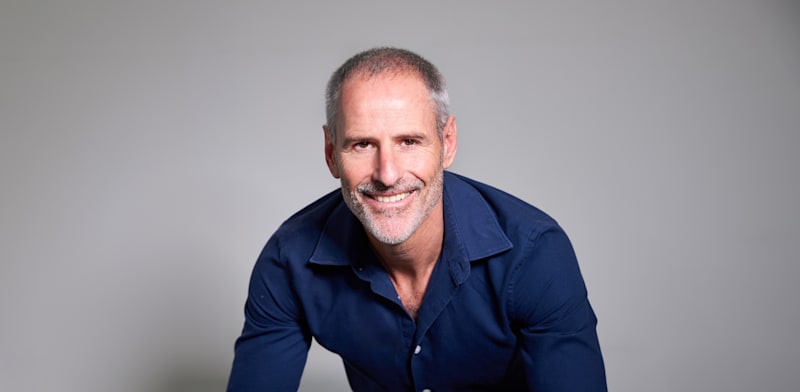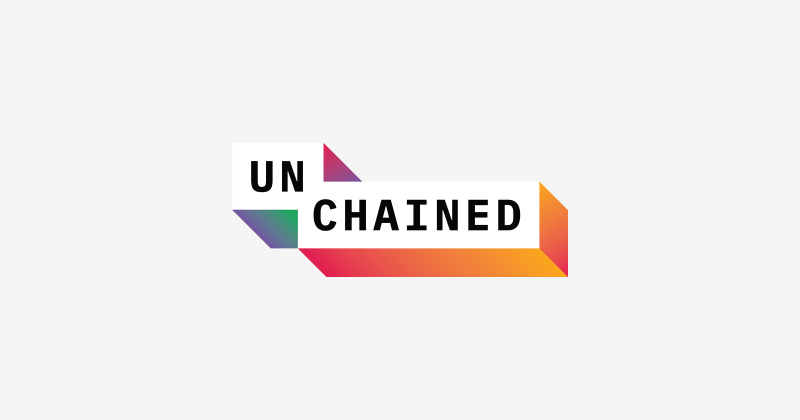Time again for another one of my multi-post deep dives into a book I found interesting. This time, the book is We Have Never Been Woke: The Cultural Contradictions of a New Elite by Musa al-Gharbi. As always, my next several posts will be my attempts to reflect al-Gharbi’s views rather than my own, and to the extent there are questions in the comment section, I will attempt to form my answers in terms of al-Gharbi’s argument. My own degree of agreement and disagreement will be saved for the end of the series.
Many books have been written over the last several years critically examining the phenomenon of “wokeness,” often taking a pugnacious approach. Prominent among these are Chris Rufo’s America’s Cultural Revolution: How the Radical Left Conquered Everything, Richard Hanania’s The Origins of Woke: Civil Rights Law, Corporate America, and the Triumph of Identity Politics, and The Third Awokening: A 12 Point Plan for Rolling Back Progressive Extremism by Eric Kauffmann. I was far more interested in al-Gharbi’s work because, in contrast, his critique of wokeness comes from a sympathetic mindset. A sympathetic critic can often cast far more light than a hostile antagonist – I once pointed to Ezra Klein’s criticism of “everything-bagel liberalism” as an example of the same principle.
Musa al-Gharbi’s book examines the rise of “wokeness” not as a recent phenomenon, but as an event that has occurred multiple times in response to particular social conditions. “Wokeness” is simply the label used for the most recent wave of this event. In addition, al-Gharbi seeks to understand some key contradictions in wokeness in both its current and past forms. He opens by describing how, during his time at Columbia University, the behavior of the most “woke” students after President Trump’s 2016 presidential victory was perplexing to watch:
In the days that followed, many Columbia students claimed to be so traumatized by the electoral results that they couldn’t do their tests or homework. They needed time off, they insisted. There were a few things that were striking about these demands to me.
First, these are students at an Ivy League university—overwhelmingly people from wealthy backgrounds. And even if they didn’t come from wealth, they’re likely to leave well positioned. After all, Columbia is an elite school (i.e., a school designed to cultivate elites). And this is not a secret. Students choose to attend a school like Columbia instead of their local land-grant university precisely because they aspire to be more elite than most other college graduates (who, as we will see, themselves tend to be far better off than the rest of the population). People from less advantaged backgrounds routinely shed tears of joy when they get into schools like Columbia precisely because they know that they’ve just received a ticket to a different life.
Despite their elite (or elite-aspirant) status, these students acted as though they, personally, were going to suffer tremendous harm as a result of the election:
Instead, many students seemed to view themselves as somehow uniquely vulnerable to Trump and his regime, as being especially threatened or harmed. They demanded all manner of accommodations for themselves in order to cope with Trump’s victory—and the university eagerly and uncritically obliged.
Perhaps these students were only so affected because they were overcome with worry about how a Trump presidency would impact the poor and vulnerable. But al-Gharbi noticed that their ostensible concern for the vulnerable didn’t seem to manifest in any tangible way:
Meanwhile, there was this whole other constellation of people around the students who seemed to be literally invisible to them. The landscapers, the maintenance workers, the food preparation teams, the security guards. There was no major student movement on their behalf. And these were the people, according to the prevailing narrative, who stood to lose the most from Trump’s victory. While those attending classes at Columbia are overwhelmingly wealthy or upwardly mobile, these workers are generally from more humble backgrounds. They are disproportionately immigrants and minorities. Yet the students didn’t begin by demanding that those people receive a day off, nor by advocating for higher pay and better benefits or protections for those people. Instead, they were focused on themselves.
Meanwhile, the behavior of those who were ostensibly at risk of being harmed by a Trump presidency was notably less self-aggrandizing:
Nor were those ignored laborers – the people with the most at stake in this election (in the students’ own narrative) – saying they needed time off because they were too traumatized. They weren’t painting themselves as victims. Although the classrooms were full of tears in the days that followed, one never saw, say, the janitors making a scene, sobbing uncontrollably about politics as they scrubbed rich kids’ messes out of the toilets. They just showed up to work the next day and did their jobs.
The same observations could be made beyond the college campus and out in the professional world of the progressive elites:
When I left campus, walking around the Upper West side, or other affluent parts of Manhattan, similar scenes were playing out. The winners of the prevailing order were out on the streets, walking around in a daze like a bomb went off, comforting each other and weeping for the disadvantaged, even as they were chauffeured around and waited on—even more than usual—because they were just too distraught to do anything themselves. And they were able to indulge themselves in this way, of course, because the people who were serving them showed up to work per usual.
This event simply put a spotlight on a key phenomenon – how progressive elites in particular seem to live their lives professing concern for the poor and vulnerable while also benefiting from social systems that make life worse for those poor and vulnerable people. And far from merely being passive beneficiaries of this system, those same elites actively cultivate and structure the very arrangements they condemn as exploitative. This is the case with daily economic life:
Even the most sexist or bigoted rich white person in many other contexts wouldn’t be able to exploit women and minorities at the level the typical liberal professional in a city like Seattle, San Francisco, or Chicago does in their day-to-day lives…Instead, progressive bastions associated with the knowledge economy are the places with well-oiled machines for casually exploiting and discarding the vulnerable, desperate, and disadvantaged. And it’s largely Democrat-voting professionals who take advantage of them – even as they conspicuously lament inequality.
And al-Gharbi also notices this in activist activities as well – he describes how those out in the streets in the Upper West side protesting on behalf of the Black Lives Matter movement (themselves overwhelmingly white and financially well-off) would hold up signs and cheer and chant slogans for the movement:
However, on several occasions I observed demonstrators engaging in this ritual literally right in front of—sharing the median with—homeless Black men who didn’t even have shoes. They were crowding the benches that homeless people were using, standing amid the bags that contained their few worldly possessions, in order to cheer on BLM. Meanwhile, the Black guys right in front of them seemed to be invisible. They were a piece of scenery akin to a bench – an obstruction the demonstrators had to work around, lest they fall over while waving their BLM signs at passing cars.
In relatively short order, however, the community from which these protesters sprung up went on to ensure these “obstructions” were removed from the area:
In an area that voted more than nine to one for Hillary Clinton in the 2016 general election, and that would do the same for Joe Biden in the months that followed, in the midst of a global pandemic, and contemporaneous with a racial justice movement that they wholeheartedly supported in principle, Upper West Side liberals rallied together to declare “Not in my backyard” to the unsheltered—and they successfully pushed the city to move the poor somewhere else.
These experiences got al-Gharbi thinking about different ways in which the behavior of the “woke” seems diametrically opposed to the values and goals they profess. Why do social justice activists so often engage in activities that “don’t seem to well reflect the will and interests of those people who are supposed to be ‘helped’ by these gestures,” for example? If “social justice discourse is co-opted by the elites to serve their interests,” as is often alleged, what about the nature of social justice ideology makes it so congenial to the interests of the powerful? If being a member of a racial or sexual minority is a huge disadvantage, “then why are elites so eager to identify themselves as these very things, or to publicly associate themselves with people who can – even to the point of bending the truth to accomplish these goals?” At the bottom of it all, have the woke ever truly been woke, in the sense of seeking to make society a fairer and more just place? Or is wokeness a system of ideas that allows elites justify and perpetuate their privilege, at the expense of those they claim to be seeking to help?
Musa al-Gharbi has much of interest to say about all of this and more. But first, some basic ideas of the discussion need to be made clear. In my next post, I’ll lay out the general assumptions and ideas that form the foundation of al-Gharbi’s analysis, as well as his answer to two important questions – who are “we,” and what is “woke?”





























